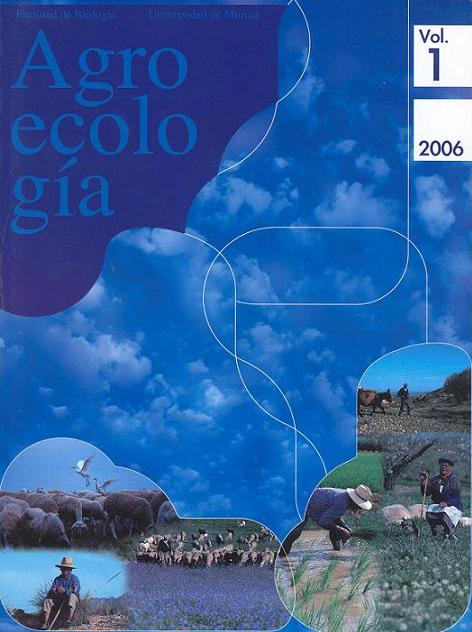OPTIMIZING AGROECOLOGICAL PEST MANAGEMENT THROUGH SOIL HEALTH
Abstract
Cultural methods such as crop fertilization can affect susceptibility of plants to insect pests via altering plant tissue nutrient levels. Research shows that the ability of a crop plant to resist or tolerate insect pests and diseases is tied to optimal physical, chemical and mainly biological properties of soils. Soils with high organic matter and active soil biological activity generally exhibit good soil fertility. Crops grown in such soils exhibit lower abundance of several insect herbivores, reductions that may be attributed to a lower nitrogen content in organically farmed crops. On the other hand, farming practices, such as excessive use of inorganic fertilizers, can cause nutrient imbalances and lower pest resistance. More studies comparing pest populations on plants treated with synthetic versus organic fertilizers are needed. Understanding the underlying effects of why organic fertilization appears to improve plant health may lead us to new and better integrated pest management and integrated soil fertility management designs.Downloads
Las obras que se publican en esta revista están sujetas a los siguientes términos:
1. El Servicio de Publicaciones de la Universidad de Murcia (la editorial) conserva los derechos patrimoniales (copyright) de las obras publicadas, y favorece y permite la reutilización de las mismas bajo la licencia de uso indicada en el punto 2.
2. Las obras se publican en la edición electrónica de la revista bajo una licencia Creative Commons Reconocimiento-NoComercial-SinObraDerivada 3.0 España (texto legal). Se pueden copiar, usar, difundir, transmitir y exponer públicamente, siempre que: i) se cite la autoría y la fuente original de su publicación (revista, editorial y URL de la obra); ii) no se usen para fines comerciales; iii) se mencione la existencia y especificaciones de esta licencia de uso.
3. Condiciones de auto-archivo. Se permite y se anima a los autores a difundir electrónicamente las versiones pre-print (versión antes de ser evaluada) y/o post-print (versión evaluada y aceptada para su publicación) de sus obras antes de su publicación, ya que favorece su circulación y difusión más temprana y con ello un posible aumento en su citación y alcance entre la comunidad académica. Color RoMEO: verde.





